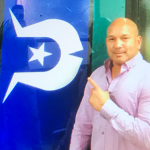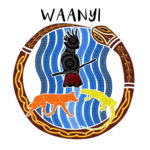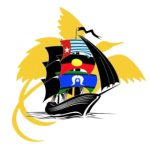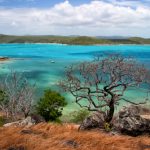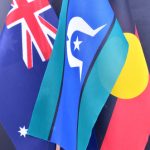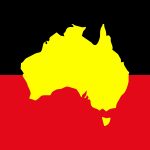Aim to Establish First Nations Political Party, as Still No Justice Thirty Years On
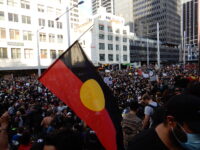
“It’s certainly what’s being called for in Meanjin,” said Dr Chelsea Watego, in response to a question put regarding getting rid of prisons and investing in community-based justice solutions. “Sister Ruby talks about justice not being about putting them in the same system that’s killing us.”
“So, how do we imagine a system that’s not violent?” the Munanjahli and South Sea Island woman then rhetorically asked those gathered in the lecture room. “Well, didn’t we just have one?”
From her seat in the audience, Aunty Ann Weldon responded, “Yeah. Two hundred and fifty years ago, before they brought them out here on their boats”
Dr Watego was hosting the 30 Years: Still No Justice event at Sydney’s UTS. Marking the three decades since the Royal Commission into Aboriginal Deaths in Custody handed down its final report, the forum saw First Nations panellists discussing the ongoing violence of the settler colonial state.
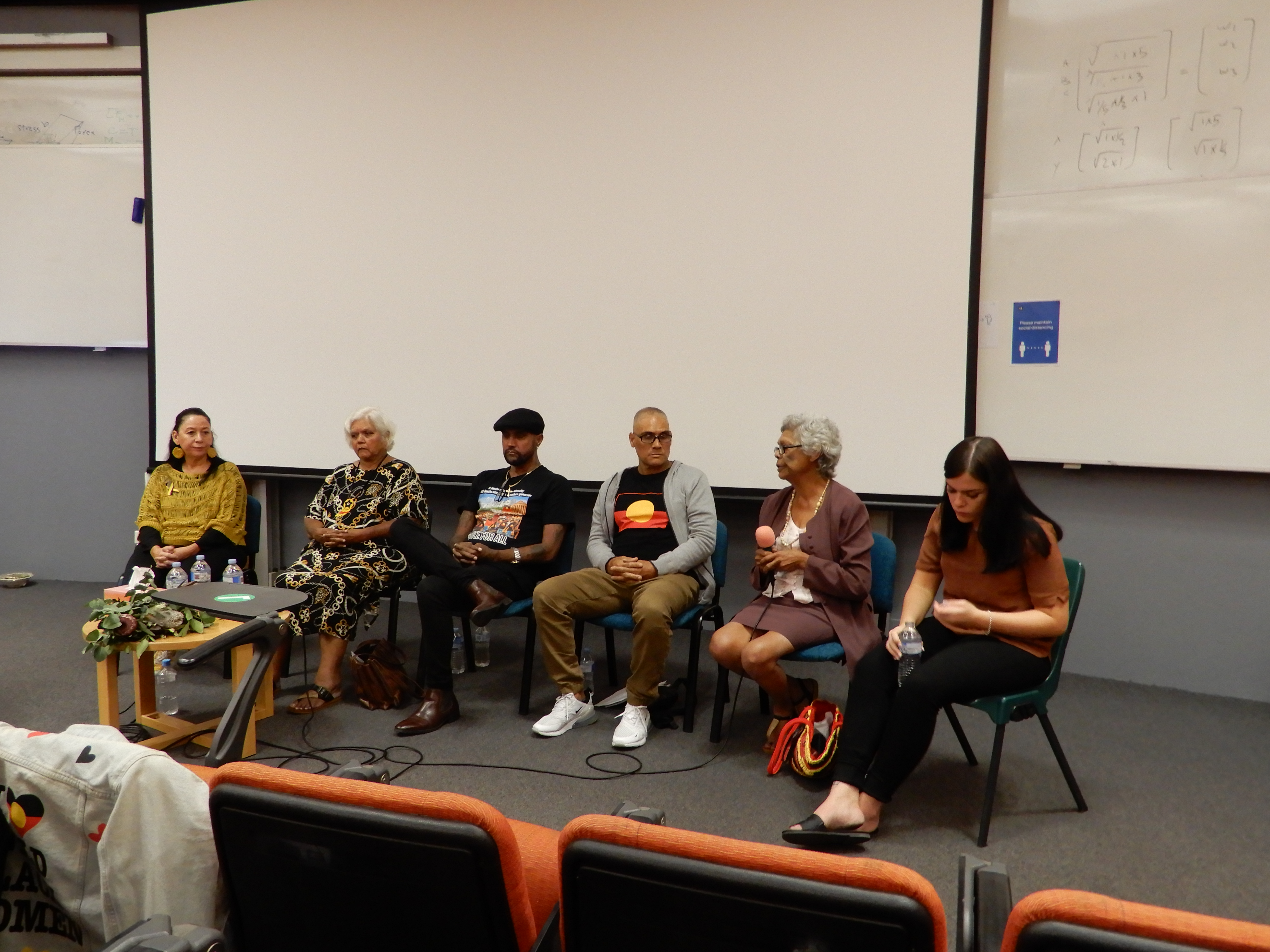
On whether Labor leader Anthony Albanese’s pledge to take a justice reinvestment approach to systemic violence and custody deaths would be a further “sell-out and betrayal”, Aunty Jenny Munro remarked, “Why are we reinvesting in something that was never invested in in the first place?”
“We have the most institutionally racist system in the world operating in this country every day, and no one bats an eyelid,” the Wiradjuri elder went on. “Every time there’s a death in custody now, it’s so normalised that we don’t even see it in media reports.”
Over the 32 day period ending on 3 April this year, five Aboriginal deaths in custody occurred across this continent. And despite the looming 30 year anniversary, hardly a mention was made in the mainstream media. Indeed, Corrective Services NSW didn’t notify the public about the first two.
Recommendations remain
The Royal Commission handed down 339 recommendations, which read like a blueprint on how to end violence towards First Nations people in the Australian criminal justice system.
Most of these recommendations remain unimplemented, leaving the issues they were supposed to resolve to rise again at coronial inquests into subsequent deaths of Aboriginal and Torres Strait Islander people in the custody of law enforcement and corrective services.
Recommendation 165 advised removing hanging points from prison cells and police lockups. The second custodial death that occurred last month involved a 44-year-old Aboriginal woman taking her own life by hanging at Silverwater Prison.
According to Corrective Services NSW commissioner Peter Severin, 30 years on and his department still can’t find the money to remove these points. Although, he also admits it’s possible to make a cell completely hanging point free, including in terms of bunkbeds.
One of the deaths investigated by the Royal Commission was that of 19-year-old Kaurna man Kingsley Dixon. The inquiry into his untimely death helped lead to the removal of hanging points recommendation. His sister Susan Dixon, who now speaks out for justice, was a panellist at the forum.
Thursday also saw the much anticipated release of the report into the David Shoebridge-instigated NSW parliamentary inquiry into the overincarceration of First Nations people and continuing Aboriginal custodial deaths.
In recognition of the comprehensive nature involved in the Royal Commission, the first recommendation of the current NSW upper house inquiry is to implement all those recommendations that remain outstanding from the 1991 final report.
“The failing of duty of care”
“One of the things that the Royal Commission into Aboriginal Deaths in Custody did shine a light on was the health needs of Indigenous people in custody,” Dr Watego continued. “Thirty years on and we are seeing natural causes used as an alibi for state neglect.”
The academic then turned to Makayla Reynolds, whose brother, Nathan, died in 2018 of a severe asthma attack in a western Sydney gaol. The Anaiwan and Dunghutti man’s death was found to be preventable if he’d received the medical assistance that had been called for in a timely manner.
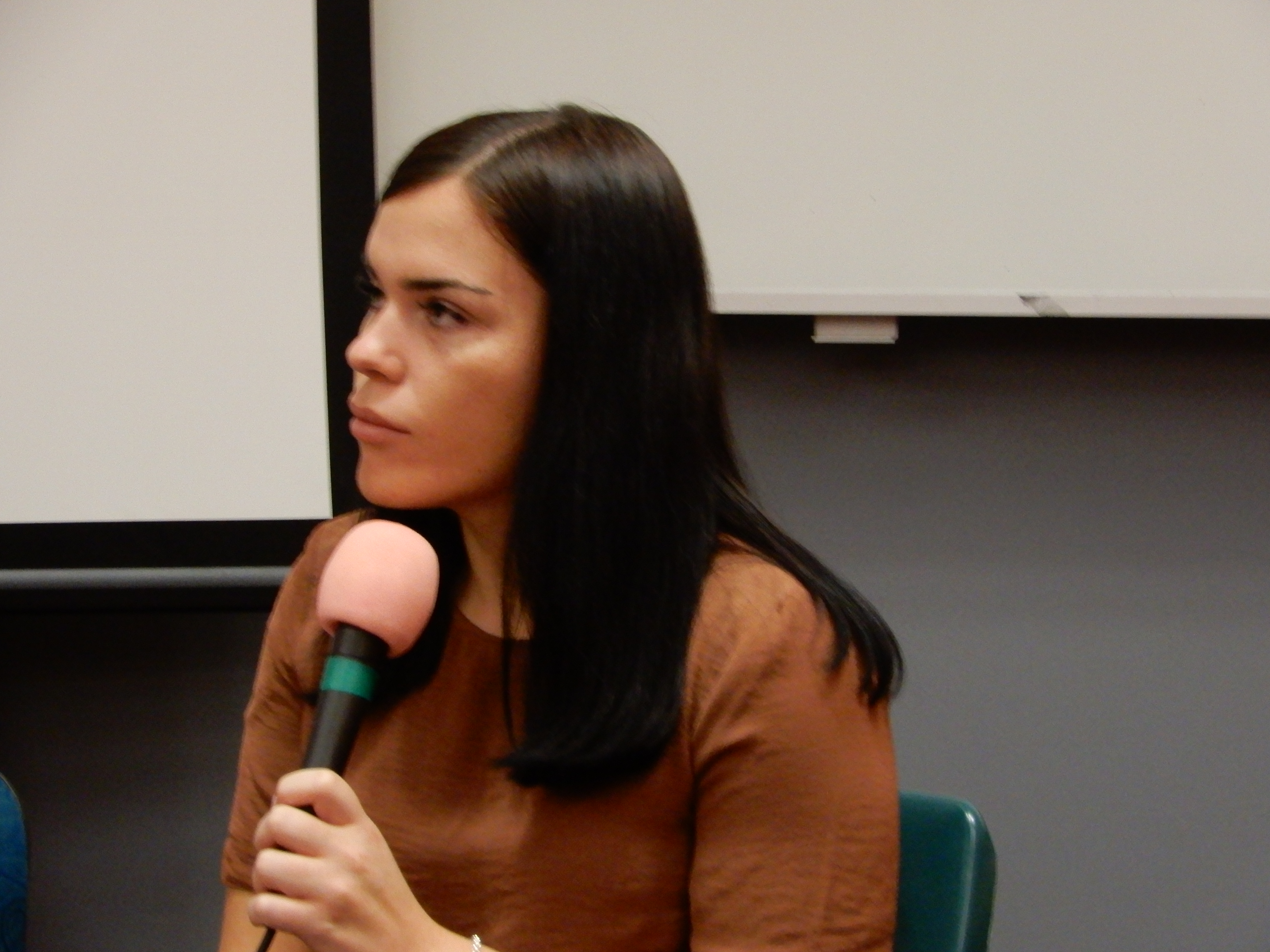
“It took about 40 minutes for Nathan to receive any type of help from people who were meant to help him. The guards and the nurse were late to respond,” the Gamilaraay woman explained. “Nathan was treated for an overdose, although it was an asthma attack.”
Makayla recalled that the coronial process saw her family receive standoffish treatment and no real support. They weren’t provided with a copy of the findings but were left to await its appearance online. And after eight days of hearings, the coroner took a minute to detail the 38 page document.
“During the inquest it was a very big blame game,” she stressed. “Justice Health could blame correctives, and correctives could blame Justice Health throughout.”
The Reynolds family thought the doctor that failed Nathan should have had to face the medical board. However, the coroner determined that as Corrective Services NSW and Justice Health were also involved, it wouldn’t be unfair for him to be singled out.
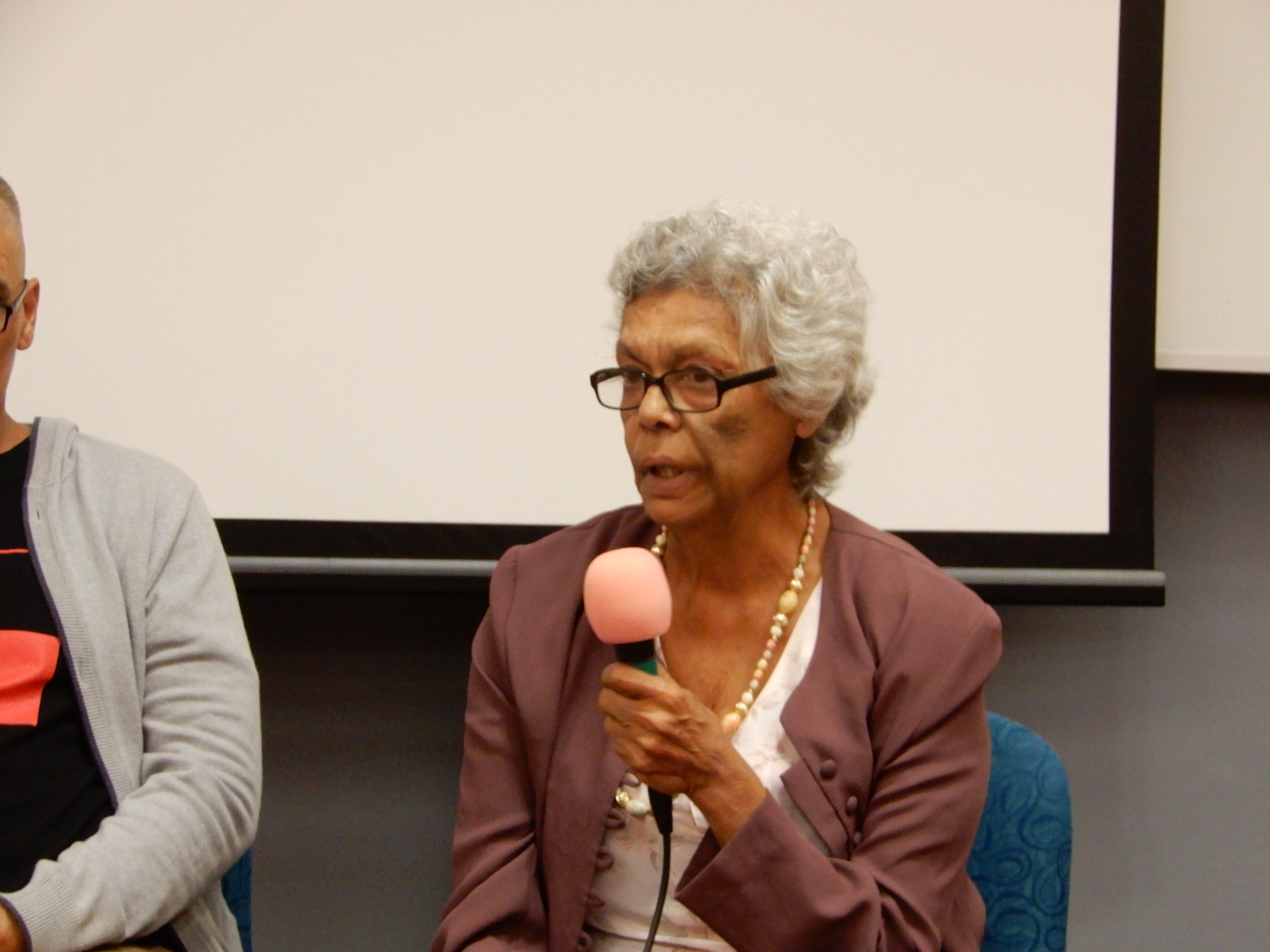
Dual law systems
“The cherry picking of the recommendations was a real coup for the government,” Aunty Jenny maintained. And she added that the recommendations that specifically deal with sovereignty, treaty and land rights have never officially been addressed.
A key figure at the Redfern Aboriginal Tent Embassy during the 2014-15 battle for the Block, Munro pointed out that First Nations people live under two systems of law, and the imposed white system refuses to recognise black law.
“The solution is there all the time for us. It comes back to our law – our system,” the Wiradjuri elder outlined. “The wider community has to recognise that there are two laws in this country, and we operate under a different system of law and governance.”
Aunty Jenny further posited that the Australian system attempts to force Aboriginal and Torres Strait Islander people to ignore their own law, in such a way that it exposes the inherent racism in the imported system, as it imposes the “superiority of one group over another”.
A First Nations party for NSW
FISTT (Fighting in Solidarity Towards Treaties) spokesperson Gwenda Stanley asserted from her seat amongst the audience that what First Nations people need is a presence in Australian parliaments.
The panellists agreed that establishing a solely Aboriginal political party is a way forward.
“Black deaths in this country have been happening since colonisation. We are willing to work with any of you mob, but you have to come to our table on our terms,” the Gomeroi woman said in addressing the non-Indigenous in the room.
Stanley was at the 2012 40th anniversary of the Aboriginal Tent Embassy in Canberra, when the elders gave those assembled a mandate to go back out to their communities and commence mobilising.
While the establishment a First Nations political party has long been an aim, it’s gained rising attention at the numerous Black Lives Matter demonstrations over the last 12 months.
And this is not a voice to parliament either, Stanley stresses. It’s not about a separate body advising parliament, but rather it’s about an Aboriginal party right in the chamber making decisions alongside other parties.
The ardent activist also raised the need for the establishment of a First Nations Human Rights Commission in this state. “Help us set up our state body in NSW,” Stanley addressed those present.
“Then we’re going to call a national one and bring all the states and territories together.”


